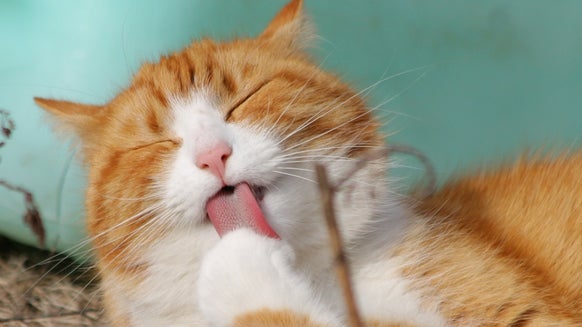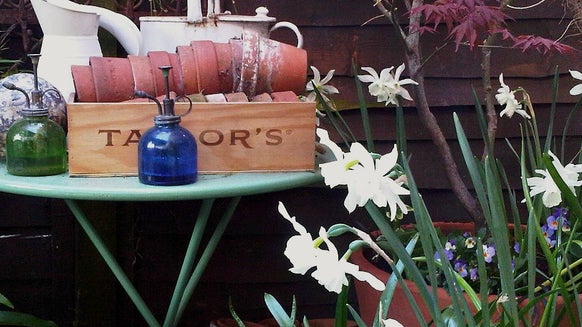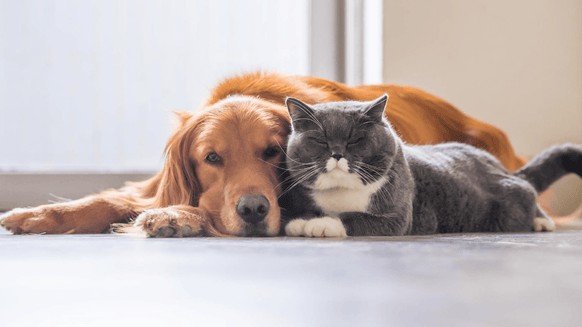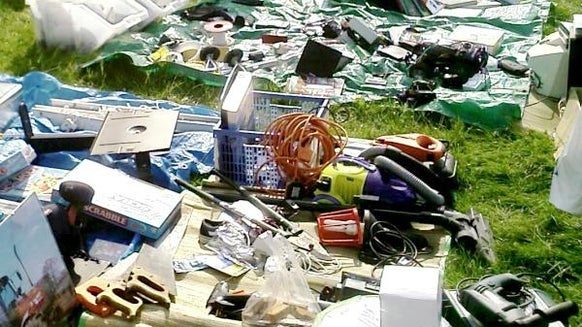Adopting an Older Cat
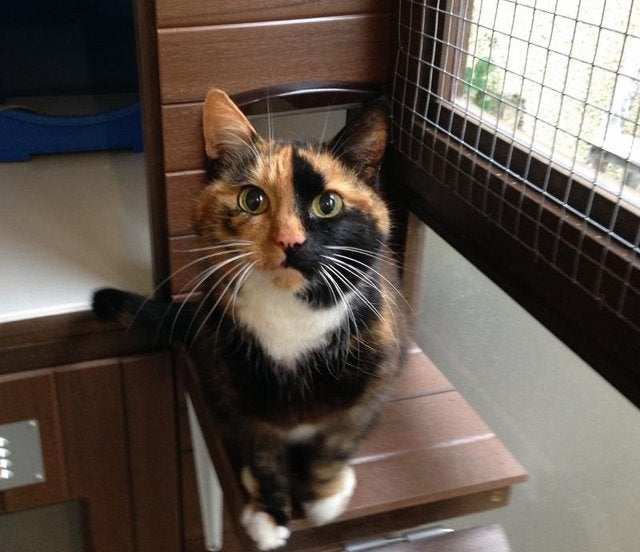
Why adopting a senior cat could be the best thing you ever do
Twice a week for the past year, I have been volunteering as a cat socialiser (aka cat cuddler) at my local animal rescue shelter in North London. If there is but one thing I’ve learned, it’s that the older cats often take much longer to be chosen by a potential adopter than the cutesy, fluffy little kittens. In fact, they take up to five times as long to rehome than kittens, and during the kitten season from April to September, this can be six and a half times longer. Figures taken from across Cats Protection’s 31 adoption centres show that currently nearly 10 per cent of cats in care are 11 years old and older. It also found that very young cats often only remain in care for up to 10 days, in comparison to OAP cats who can be left on the shelf for an average of 59 days.
It can be difficult to imagine that one day a tiny little kitten will one day grow up to be a senior. However, as feline life expectancy has increased, many household moggies are now living into their late teens and early twenties - nearly twice that of a dog’s average lifespan of 13 years. Caring for an older cat in their twilight years can bring tremendous joy and many owners actively decide to adopt an older cat because of their endearing qualities. They ask for less, but give more. They are less wilfully destructive. If you’re out working a lot, you don’t really have the time for a kitten’s demands - which are pretty much non-stop for the first year or so of their life! An older cat will quietly snooze while you’re gone and greet you when you return, with immense gratitude. With their wandering days behind them, older cats tend to stay closer to home and appreciate gentle affection. Owners often comment on the special relationship they have with their older pet, enhanced by some simple measures and an understanding of their needs. You will be rewarded with a content pet, who is often happy to spend most of their time quietly at home as a wonderful companion. For those living in a flat or a house without a garden or outside access, a senior cat could well be the ideal friend.

So why are the older cats harder to re-home? They are just as loving, affectionate, and yes, have their moments being as playful as the younger felines. But, sadly, it’s not uncommon for a fit and healthy older cat to spend much longer waiting to be adopted. People seem to fear that they may not have an older cat for long or that it might get ill.
While it may be true that cats, like humans, are more likely to have health complaints as they get older, Cats Protection has many older cats that remain in remarkably good health. Also, as older cats are more likely to stay closer to home, they are less likely to be involved in road traffic accidents.
All cats adopted from Cats Protection come with four weeks’ free pet insurance which will cover any new conditions that arise after adoption. We’d urge all cat owners to take up pet insurance to ensure peace of mind should the cat become ill.

Here are a few simple steps you can take to ensure that your beloved ‘golden oldie’ is as comfortable and happy as possible.
• Preventative healthcare: As with most things, prevention is better than cure. Older cats may need to be taken to the vet for a health check more often than younger cat, particularly if they have any age-associated symptoms or diseases. Your vet can advise you on how frequently they need to be seen and many surgeries now run special ‘geriatric’ clinics. Regular weight checks are also important, as is keeping up regular booster vaccinations because cats’ immune systems can weaken with age. Remember, many of the disorders that affect older cats can be treated and managed to allow your cat a happy and content life, particularly when treatment is sought early.
• Food: There is a variety of senior diets available to provide balanced nutrition specifically for older cats. Feed little and often, and monitor your cat’s appetite, as this can increase or decrease depending on a different health factors. Place water and food bowls in a variety of easily accessible locations around the house, both upstairs and downstairs so they are easy to find and they don’t have to go far to get food and water.
• Playtime: Older cats still like to play, but they need more gentle games than when they were younger. A feather attached to string that slowly moves past them or a catnip mouse might take their fancy. Experiment with different toys to see what captures your cat’s attention. Even if they only watch or slowly bat the toy with a paw, it still counts as beneficial mental stimulation.
Recommended further reading about senior cats can be found on the Cats Protection website. You can also watch a video here.
Cats Protection are a registered charity, and have been working with cats for over 80 years. They give over 200,000 cats per year the chance of a better life, and run rehoming and neutering programmes which benefit cats right accross the UK immensely.

